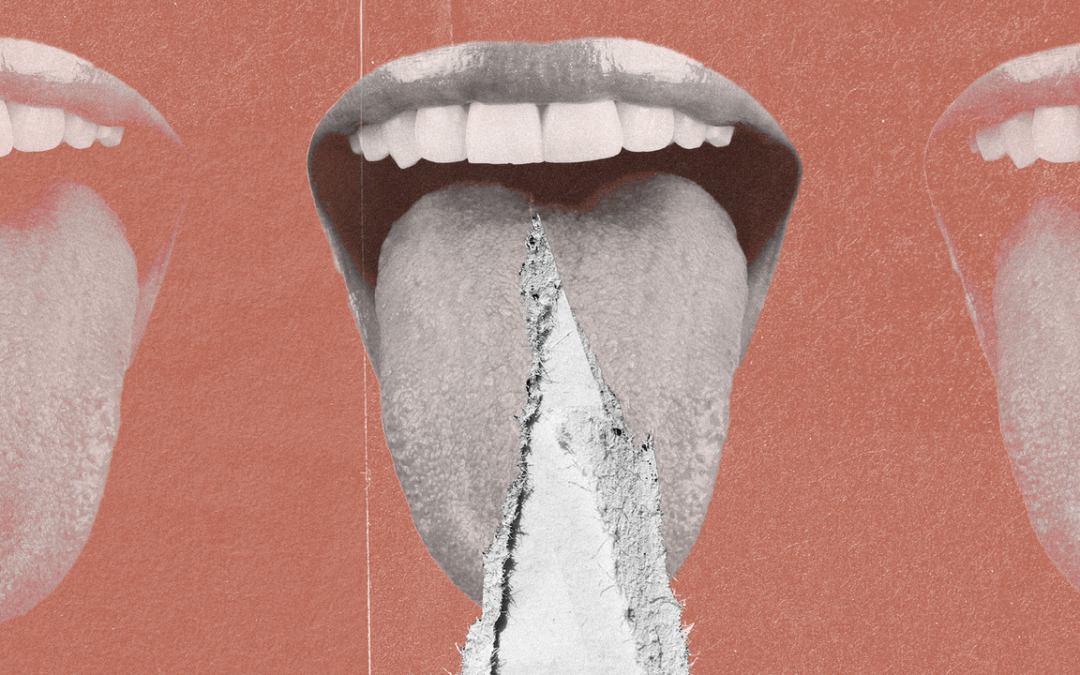Dr. Loftus’ expertise really comes into play because she knows when to stop. “Every patient wants their tongue split really deeply. As far as they’re concerned, it can’t be deep enough,” she says. “I, as the doctor, have to make sure that I am only splitting it as far as it’s technically advisable.” she says. If it’s split too far back, speech can be affected and scarring can occur. “Overdoing it increases the risk of healing problems and function afterwards,” she says.
One question Dr. Loftus doesn’t ask these patients is why they chose to get the surgery. “I kind of stay out of that,” she says. “I look at my role as [someone offering] it safely in an environment where they can choose to get it done. And I’m also concerned that if I ask why, that will alienate them and make them defensive. So, I generally don’t.” Body dysmorphic disorder (BDD) is the first thing some surgeons worry about when faced with a tongue splitting patient, but in Dr. Loftus’ experience, BDD depends on the patient and the circumstance, not on the operation. “There are plenty of people who I might see either for a face-lift, a breast augmentation, or maybe a tongue splitting, where it is evident to me that they either have body dysmorphic disorder or there are other factors that make me concerned that they’re not simply doing this for themselves. And in any of those circumstances, I would not operate on them,” she explains. “I don’t have a different set of criteria for tongue splitting than I do that I do for other operations.”
Her staff especially enjoys working with these patients. “Our tongue splitting patients are wonderful,” she says. “It’s interesting that there is such a prejudice against them by society. They tend to be people who are heavily tattooed and pierced, but they’re just as nice as everybody else.”
The only type of patient she hasn’t had, she jokes, is an actor who wants to split their tongue for a role. That might not actually be as bananas as it sounds, as reversing a tongue splitting surgery is surprisingly easy. “We’re not damaging the tissue. We’re not creating any problems,” Dr. Loftus explains. “This is easier to reverse than just about any other operation that we do.”
It’s a useful fact for hesitant patients to have in their back pocket, but, in her years of offering this surgery, she’s never gotten any requests for a reversal. “Not a single person has come back to me to have it reversed. I assumed that would happen all the time but I never get a call for it.”
More stories about plastic surgery and cosmetic treatments:
How I Really Feel About My Lip Lift
Cheek Implants Are Gaining in Popularity
I Wish More People Talked About Inverted Nipples, So I’m Sharing My Corrective Surgery Story
Follow Allure on Instagram and TikTok, or subscribe to our newsletter to stay up to date on all things beauty.

